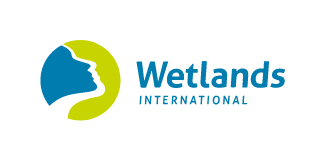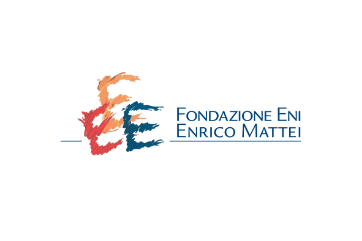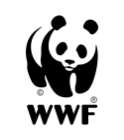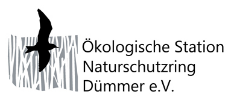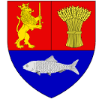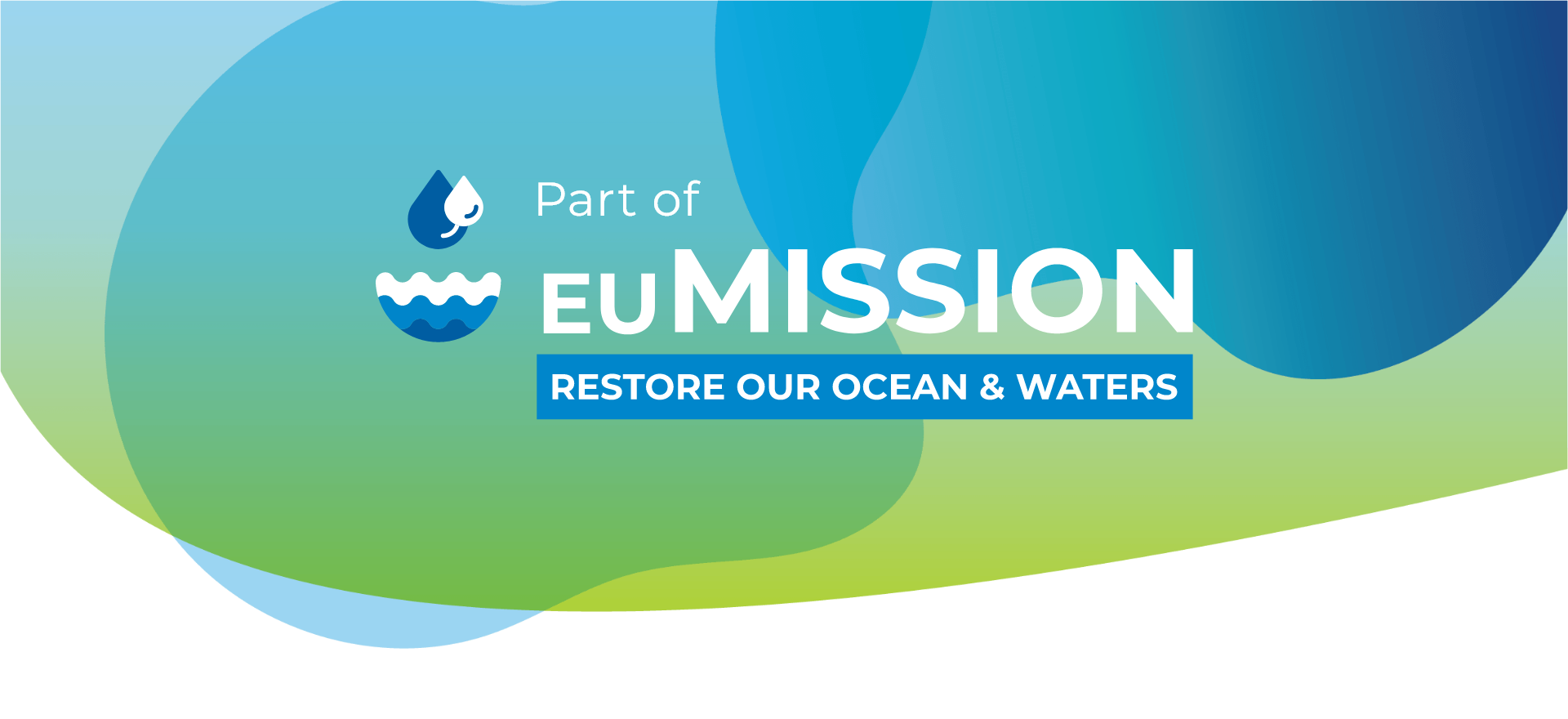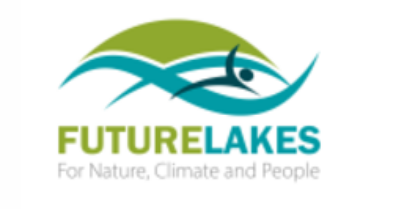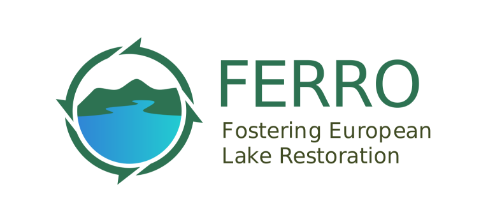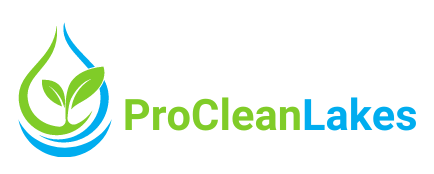Partners
EUROLakes project is inherently interdisciplinary. It brings together a unique consortium of partners, integrating disciplines across ecological and conservation biology, agroforestry, soil science, environmental engineering, data science, socio-economics, environmental law and IT to develop a comprehensive approach to lake conservation.
By incorporating historical data, and digital twinning to simulate environments and data-driven models for projecting future scenarios, the project addresses lake restoration across a time continuum while involving socio-ecological processes.
Social sciences and humanities are embedded in EUROLakes’ core, emphasizing governance, stewardship and strong community engagement to foster shared responsibility.
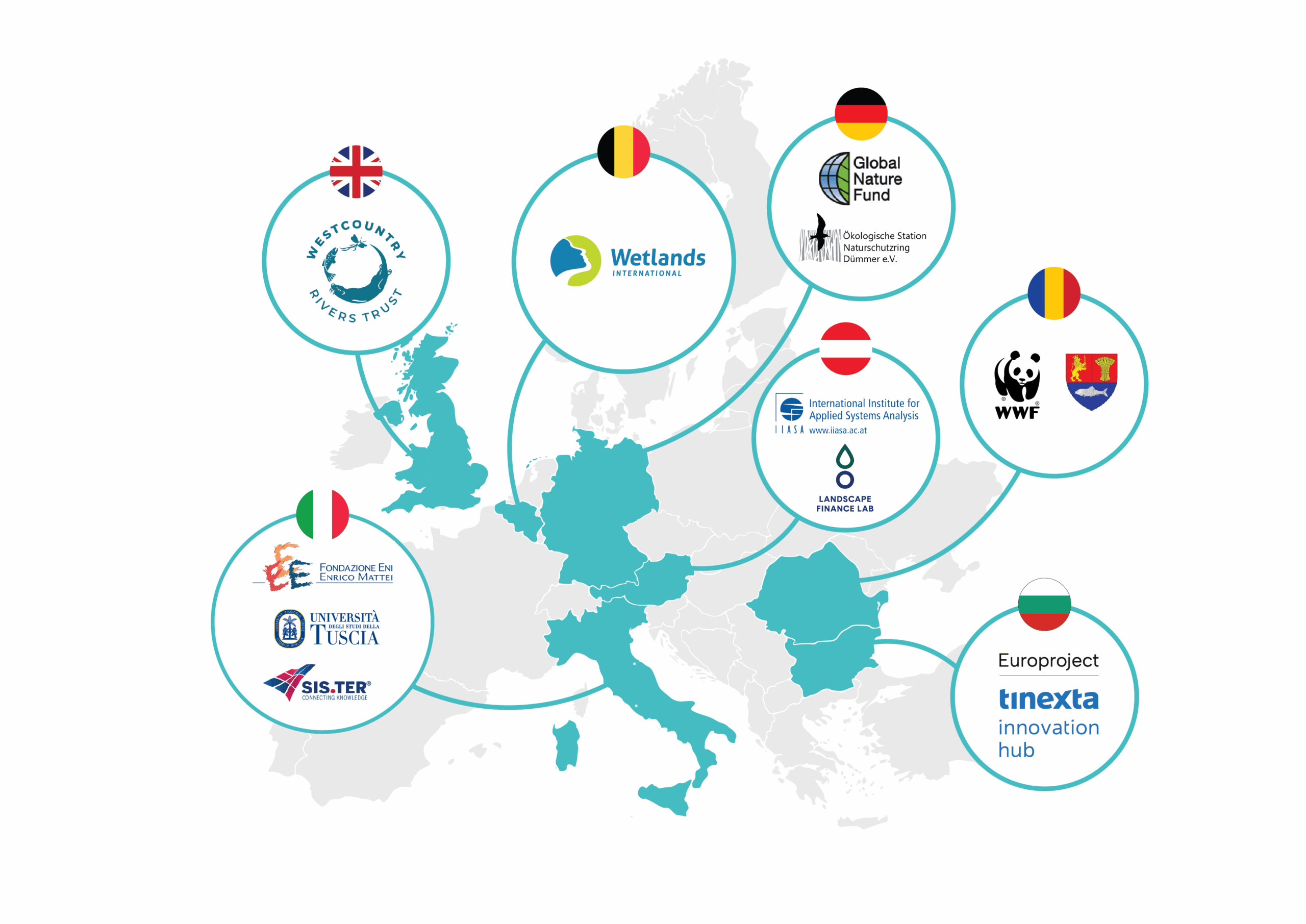
13
ORGANIZATIONS
7
EUROPEAN COUNTRIES
WETLANDS INTERNATIONAL EUROPE (WIE) is the only network organisation in Europe bringing together NGOs whose shared mission is to inspire and mobilise society to safeguard and restore wetlands, in particular by linking science, policy and practice.
Our member organisations represent 9 European countries and focus on certain wetland ecosystems and their biodiversity, giving attention to particular threats, developing and trialing practical solutions and informing policies. Using scientific knowledge makes us a well-trusted source of information, while powerful demonstration projects inspire people to act. We also use our knowledge and experience to advocate towards European institutions, governments and companies to develop and implement effective policies at all scales.
Wetlands International Europe is part of the global Wetlands International network - the only global not-for-profit organisation dedicated to the conservation and restoration of wetlands, gathering 20 offices worldwide.
We are passionate about the positive change we make for people and nature.
WI-EA is the coordinator of the EUROLakes project and leader of tasks related to policy recommendations and establishing synergies in the framework of the communication and dissemination activities.
WETLANDS INTERNATIONAL GLOBAL OFFICE (WIGO) is the only global not-for-profit organisation solely focused on the conservation and restoration of wetlands. Our mission is to inspire and mobilize society to protect and restore these vital ecosystems for both their inherent environmental value and the essential services they provide to people. Through a worldwide network of offices, partners and experts, we work to safeguard and restore tens of millions of hectares of wetland landscapes, delivering multiple returns for people and nature. We collaborate with a wide range of partners, including knowledge institutions, the private sector and governments, to achieve our goals on various scales.
In the EUROLakes project, Wetlands International Global Office (WIGO) will serve as an adviser and capacity builder to the EUROLakes consortium, guiding the application of the 4 Returns Framework (4RF) in project methodology, and in planning and implementing lake landscape protection and restoration activities. WIGO will support adaptive management based on the 4RF and will work with partners to synthesize lessons learned for replication in other regions towards the project's conclusion.
Team: Elton Mudyazvivi, Jeroen Jurriens and Peter Konijn.
INTERNATIONAL INSTITUTE FOR APPLIED SYSTEMS ANALYSIS (IIASA) is an international research institute that advances systems analysis and applies its research methods to identify policy solutions to reduce human footprint, enhance the resilience of natural and socioeconomic systems and help achieve the Sustainable Development Goals. The mission of IIASA is to support research in relation to problems of modern societies arising from scientific and technological development. The institute draws on its strengths of systems science and interdisciplinarity to address such problems, while engaging with a global scientific network to amplify its research and impact. The unique institutional setting of IIASA facilitates independent research based on international research teams combining global and local knowledge.
IIASA is actively involved in the EUROLakes project as both a work package leader and partner across several work packages (WPs). As the leader of WP2 on Modelling and Digital Twin Demonstrations, IIASA applies advanced modelling techniques for impact assessment in lake case study areas, informing socio-economic transitions and climate change impacts. Within this same WP, IIASA also leads the development of visualization tools to demonstrate effectiveness of management options for improving the ecological status of lakes in the case study sites. In WP1, IIASA contributes to the co-development of protection and restoration (P&R) strategies for each case study lake site. In WP3, IIASA contributes to defining evaluation criteria for measuring the effectiveness of conservation efforts and supports the selection of appropriate indicators. In WP4, IIASA collaborates on developing training materials for green economic transitions at the landscape scale and supports stakeholder capacity building. In WP5, IIASA is involved in selecting replicators using the 4 Returns (4R) Framework methodology for habitat restoration, as well as synthesizing lessons and best practices to improve the 4R approach.
Team: Taher Kahil, Florian Sorger-Domenigg and Albert Nkwasa
FONDAZIONE ENI ENRICO MATTEI (FEEM) is a non-profit, non-partisan research institution established in Italy and devoted to the study of sustainable development and global governance. In full operation since 1990, FEEM has grown to become a leading research centre, providing timely and objective analysis on a wide range of environmental, energy and global economic issues. FEEM’s mission is to improve through research the quality of decision-making in public and private spheres. This goal is achieved by creating an international and multidisciplinary network of researchers working on several innovative programmes, by providing and promoting training in specialized areas of research, by disseminating research results through a wide range of outreach activities, and by delivering directly to policy makers via participation in various institutional fora.
FEEM participates in the EUROLakes both as work package leader and a partner across various work packages (WPs). In WP1, as the leader, FEEM oversees the development and implementation of community-based approaches for landscape planning, focusing on stakeholder engagement and co-designing restoration strategies for pilot lakes. In WP3, FEEM acts as a partner by supporting the demonstration of Nature-Based Solutions (NBS) at pilot sites, defining evaluation criteria and indicators, monitoring implemented actions, and ensuring data management adheres to FAIR principles. In WP4, FEEM contributes to the economic assessment of ecosystem services by quantifying the economic benefits of lakes and surrounding areas. Lastly, in WP5, FEEM collaborates on creating replication plans for the demonstrated solutions and facilitates knowledge sharing for broader implementation across other European regions.
Team: Perla Irasema Rivadeneyra García, Federico Cornacchia, Sebastian Raimondo
EUROPROJECT OOD (EP) is a consulting company based in Sofia, Bulgaria, part of Warrant Hub S.p.A., subsidiary of the Italian group TINЕXTA. It is highly specialized in the setting-up and management of innovative EU projects in the technological research and development domain. EP has become а recognized innovation support partner by also providing professional expertise in communication, dissemination and exploitation, IPR, business planning and EU trainings, all of which are crucial cornerstones of cutting-edge European projects. It works with industry, research institutes, universities, public bodies, SMEs and NGOs from all over Europe under Horizon Europe, LIFE and Erasmus + programs and its portfolio encompasses more than 30 past and current EU projects.
In EUROLakes, EP is the leader of the Communication and Dissemination, ensuring maximum project visibility, public acceptance and distribution of results once they start becoming available. In addition to establishing the project’s communication channels and tools, EP will develop the Communication, Dissemination and Exploitation Plan, implement the associated CD campaigns with project partners’ active involvement, help establish and expand a network of relevant other projects, programs and initiatives for cross-communication and cooperation on the project’s outcomes. Additionally, EP is work package leader on Ethics, Data Management and ESG, aiming to ensure that project activities are ethically compliant with relevant national, EU & international legislation as well as in alignment with the Responsible Research and Innovation (RRI) principles.
Team: Ana Hristova, Galina Ivanova
GLOBAL NATURE FUND STIFTUNG (GNF) is a non-profit international foundation for the protection of environment and nature. The headquarters are located in Radolfzell at Lake Constance, Germany, with other offices in Bonn and Berlin. GNF was founded in 1998 with the objective to foster the protection of nature and the environment. GNF’s work relates mainly to the implementation of conservation and development of cooperation projects worldwide, the development of model projects for the promotion of a sustainable and biodiversity-friendly economy, development of publications and organization of events dealing with the protection of nature and the environment, and supporting and promoting international conventions, such as Ramsar and the CBD. GNF also coordinates the Living Lakes Network, a global network of environmental partner organizations striving for the protection of lakes and wetlands worldwide, which today includes around 130 members from all over the world.
GNF is involved in several aspects and activities within the EUROLakes project. We will work closely with the Naturschutzring Dümmer to implement the restoration activities at Lake Dümmer, one of the three demo sites of the project. GNF leads WP5, which consists of the process to replicate the project measures at three more lakes. It will develop the terms of reference for the call for proposals, oversee the application and selection process and accompany the implementation at the replication sites. GNF is also involved in communication and dissemination activities, being in charge of the implementation of the communication campaign and the development of a concept to involve stakeholders at the demo and replication sites.
Team: Dr. Thomas Schaefer, Head of Nature Conservation & Living Lakes; Laura Böttges, Project Manager
LANDSCAPE FINANCE LAB – VEREIN FURINKUBATION NACHHALTIGER LANDSCHAFTEN (LFL) was founded as a specialist unit within WWF in 2016, with a mission to incubate and finance sustainable landscapes that deliver impact on the Global Sustainable Development Goals (SDGs). An independent not-for-profit organisation since 2021, having spun off from WWF, the Lab’s three core objectives are: (1) to structure high-quality landscape programmes in global biodiversity priority places; (2) to leverage public and private capital to develop innovative financing mechanisms; and (3) to build sector learning, capacity and impact. Since 2016, the Lab has supported landscape partnerships to incubate programs in over 20 landscapes across 17 countries and over 85m hectares, with a current pipeline of over €15m landscape investments under development.
The LFL’s main role in EUROLakes is leading WP4: Nature finance for transition. This work aims to enable the long-term sustainable financing for lake restoration in the landscapes by: Assessing the value of ecosystem services; Using the 5 Elements to review key finance and investment needs and opportunities throughout the restoration process; and, Designing and delivering training along the 4RF to guide landscapes through the landscape approach and sustainable financing at landscape scale to support each lake’s economic transition. The LFL will also support other WPs to deliver specific tasks related to integrated landscape approaches, replication and knowledge sharing, training and sustainable financing of restoration activities.
Team: Lucy Garrett (Lead), Paul Chatterton, Deesha Chandra, Sabrina Russo, Rolf Hogan, Anton Gigov.
UNIVERSITY OF TUSCIA (UNITUS) is a public research institution located in Italy, founded in 1979 and currently home to approximately 8,000 students. UNITUS is recognized for its interdisciplinary approach and dedication to sustainable development, cultural heritage, environmental sciences, engineering and agricultural innovation. The university plays a pivotal role in advancing research across various fields, including agronomy, forestry, environmental management, and food science. UNITUS fosters collaboration through participation in European and international projects, leveraging its expertise to address pressing global challenges such as climate change, biodiversity loss and sustainable resource management. The university is particularly noted for its contributions to applied research in Nature-Based Solutions (NBS), agroecology and ecosystem conservation, aiming to bridge the gap between scientific knowledge and practical application. In addition to its research activities, UNITUS emphasizes the importance of education and outreach, training the next generation of leaders in sustainability and environmental stewardship. Through its various programs and partnerships, UNITUS is committed to promoting innovative practices that enhance ecological resilience and support sustainable agricultural systems
UNITUS is actively involved in the EUROLakes project, serving as both a work package leader and a partner across multiple work packages (WPs). As the leader of WP3 on Demonstrations, UNITUS aims to demonstrate the effectiveness of Preservation and Restoration measures at the Vico Lake case study, employing a 4RF and PMCA analysis perspective. The primary objectives of these actions are to reduce agricultural runoff into the lake through Nature-Based Solutions (NBS), optimize agricultural practices and support the transition to sustainable farming. UNITUS also seeks to raise environmental awareness within local communities, encouraging best practices in agriculture, forestry, NBS and wildlife conservation for sustainable land management. Evaluating Ecosystem Functionality by monitoring Key Indicators, improving conservation status of species and ecosystems, and minimizing human impact on water and ecosystems are also central goals. UNITUS aims to integrate the outcomes of these actions into existing management plans to amplify their impact, while also enhancing territorial control for environmental monitoring to prevent theft and damage, thereby maintaining the integrity of assets. Furthermore, UNITUS will collaborate closely with other partners, supporting evaluations throughout the EUROLakes project by providing data and incorporating findings into the case study demonstration activities.
Team : Maria Nicolina Ripa, Fabio Recanatesi, Raffaele Pelorosso, Giulia Mancini. Chiara Iavarone, Alessio Patriarca, Eros Caputi, Carlo Rossi, Massimo Romanelli
WWF ROMANIA For over two decades, WWF Romania has been dedicated to safeguarding nature and restoring balance in some of the country's most iconic landscapes. As part of the global WWF network and the regional WWF-CEE, their efforts address critical challenges at the intersection of nature and local communities.
WWF Romania’s Freshwater Department focuses on revitalizing the Danube Floodplain and Delta by restoring wetlands, reconnecting floodplains, and creating natural buffer zones along rivers. Where feasible, it also advocates for the selective removal of dams. By implementing nature-based solutions (NBS), these initiatives aim to strengthen ecological resilience, mitigate flood and drought risks, and enhance the well-being of local communities.
As part of WP3 in the EUROLakes project, WWF Romania is committed to restoring and protecting biodiversity at Lake Bistreț through a series of targeted conservation actions. Key initiatives include habitat restoration, reducing pollution by engaging with farmers, and monitoring bird populations and water quality to maintain ecological balance. Additionally, a thematic eco-trail will be developed to minimize visitor impact while raising awareness of the lake’s environmental importance.
Team: Iulia Puiu, Camelia Ionescu, Mara Nilca
ECOLOGICAL STATION NATURSCHUTZRING DUMMER EV (NatringDuemmer) is a nature conservation organisation in Lower Saxony/North Germany. It has been involved in the management of nature reserves in the region since 1993, supporting the regional nature conservation authorities and the state nature conservation administration in the protection and development of areas worthy of protection. Its main tasks include the regular monitoring of animal and plant species, as well as the planning and implementation of species protection projects and projects for the development of endangered habitats.
The centerpiece of the nature reserve (approx. 66,000 ha) is Lake Dümmer (approx. 16 sq. km.). It is surrounded by extensive low moors and moor meadows, which, together with the lake itself, represent the most important habitats for the protection and development of the area. Within the framework of the EUROLakes project, the reed zone in the lake shore areas and the floating leaf zone are to be particularly promoted. Practical measures for the development of reed beds that have been successful at Lake Dümmer are to be applied in other project areas.
Team: Frank Apffelstaedt (Project Manager), Ulrike Marxmeier, Frank Körner, Dorothee Wibbing
SIS-TER SRL SB (SIS.TER) is a private company based in Italy that brings innovation through consultancy and services within the city landscape, particularly in geospatial computing applications, data management and data visualization. For over 25 years, the company has offered consulting, design, research and development services in the field of geomatics and Decision Support Systems. SIS-TER SRL SB targets problems related to knowledge management mainly applied to assets management and territorial analyses supporting private and public stakeholders in green and digital transitions.
The company’s portfolio includes several projects at national and European level in which SIS-TER SRL SB has been in charge of the management and visualization of large influx of heterogeneous data types within the contexts of GIS analysis and urban planning, such as: Nature Based Solutions for sustainable logistics, predictive tools for integrated and sustainable mobility, municipality assessments and ranking based on UN Agenda 2030.
In EUROLakes, SIS-TER SRL SB leads task 3.5 in the definition of a Data Management Plan (DMP) aimed at ensuring data collection in compliance with FAIR data principles (Findability, Accessibility, Interoperability, Reusability). Furthermore, the company supports partners involved in WP3, dedicated to case study demonstrations, in the implementation of guidelines and procedures provided in the DMP and the monitoring of correct implementation of FAIR data storage.
Team: Andrea Lugli, Fabio Bologna, Alessandro Seravalli, Matteo Quercia, Alessandra Masala
The Dolj County Directorate for Public Services and Utilities - Jiului Corridor Directorate is a public institution under the Dolj County Council and it manages some of southern Romania’s most valuable protected natural areas. These include the Jiului Corridor Site of Community Importance, the Bistreț and Jiu-Danube Confluence Special Protection Areas, and the Drănic Fossil Site and Zăval Forest, all part of the Natura 2000 European ecological network.
The institution is committed to the conservation of biodiversity, the preservation of traditional practices and the raising of public awareness of environmental values. Spanning over 71,000 hectares, the Jiului Corridor features a unique mix of wetlands, grasslands, hayfields and forests, and serves as a critical bird migration route, hosting more than 30% of Romania’s bird species.
The Jiului Corridor Directorate aims to maintain a balance between nature and human activities, serving as a model for sustainable development for future generations.
Team: Emilia Florea, Alina Niculescu
THE WESTCOUNTRY RIVERS TRUST LBG (WRT) is founded in 1994 and operates on a partnership model, co-designing solutions to restore rivers across the West Country of England, benefiting people, wildlife and the local economy. By embracing an 'ecosystems approach, the Trust addresses entire catchments rather than focusing solely on rivers. With 75 employees, an annual turnover of approximately £4 million, 607 active CSI volunteers who conducted 6,872 water quality surveys over the past 12 months, the Trust continues to make a significant impact across the South West of the UK and beyond.
Team:
Doug Munford – Senior Project Manager - Resilience & Communities Programme Manager in the Evidence & Engagement Team, with environmental background. Prior to joining the charity, Doug worked as a Countryside Manager for the National Trust. Doug is helping to oversee several projects, such as Rapid Response Catchments.
Anna Crane – Project Manager – with a background in Education and 20 years’ experience as a Secondary Geography Teacher and Deputy Head of Sixth Form, she joined WRT in 2024 as CSI Co-ordinator.
Zoe Connelly – Project Officer – joined WRT late in 2023 as Junior Evidence & Engagement Officer. Zoe has recently completed a Master’s degree focusing on pollution in the Yealm catchment. Zoe also has a background in Marine and turtle conservation.
Matt Worthington – Project Officer – joined the WRT in 2024 with the Evidence and Engagement team. Matt has a background in Marine Biology and subsequent work experience in the Environmental Services industry. With community engagement experience he will specifically work on the Citizen Science Investigations project.


